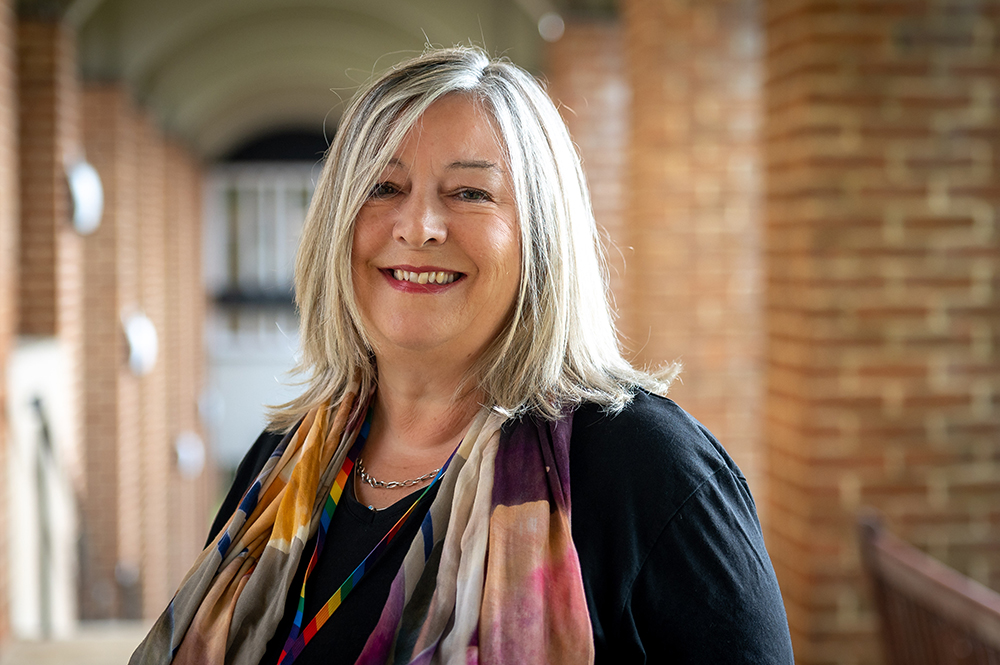It seems that everyone is jumping on the bandwagon of “talk to your friends”, “check in on your family to make sure they’re OK”, but this can often feel like a cop out if you don’t know what to say and you don’t even feel that you know where to start when talking about their mental health. How do you have a ‘proper’ conversation? How do you stop it from becoming a bit of a nothing chat or even from turning into a joke? Sometimes it just feels too difficult.
But it really doesn’t have to be – the best way of opening up a conversation if you are worried about a friend or a family member is just to listen to them. Remember that you are not there to provide the answers or to ‘sort them out’, just giving them space to talk and listening is a real gift. Too often we tend to try and give advice, or to compare their situation with our own and share experiences; but just listening without judgement is an undervalued skill.
Do:
- ask them how they feel
- allow them the space to reply
- practise active listening
- show empathy with your words, your eyes and your body language
- concentrate on their emotions and make them feel heard
- be patient
You could start by saying something like “It seems like you’ve been having a hard time lately, what’s on your mind?” or “I’ve noticed that you seem down and I’m concerned about you.”
Don’t:
- be afraid of silence – it allows them to process how they are feeling
- take things personally, don’t let it get to you if they won’t speak, or they are angry
- try not to fix them – that is their job not yours
- give advice – they may not be ready to hear it and they will ask if they need it
- minimise or compare their experience with yours or others
- give up on them, be patient, stick with them and maintain communication
If you are really worried about them then you may need to encourage them to visit their GP; or you may want to encourage and support them in making an appointment with a counsellor. If things are at a real crisis point then you may need to call the emergency services on 999 or NHS (England) on 111, or the Samaritans 24-hour helpline, call: 116 123.
Be prepared to act in an emergency – if you have any concerns at all that your friend or family member may harm themselves, you must act. It can be a tough decision if they are insisting that they don’t want help. They may even hate you in the short term for intervening. In time, though, when they feel better they will be grateful for your support.




